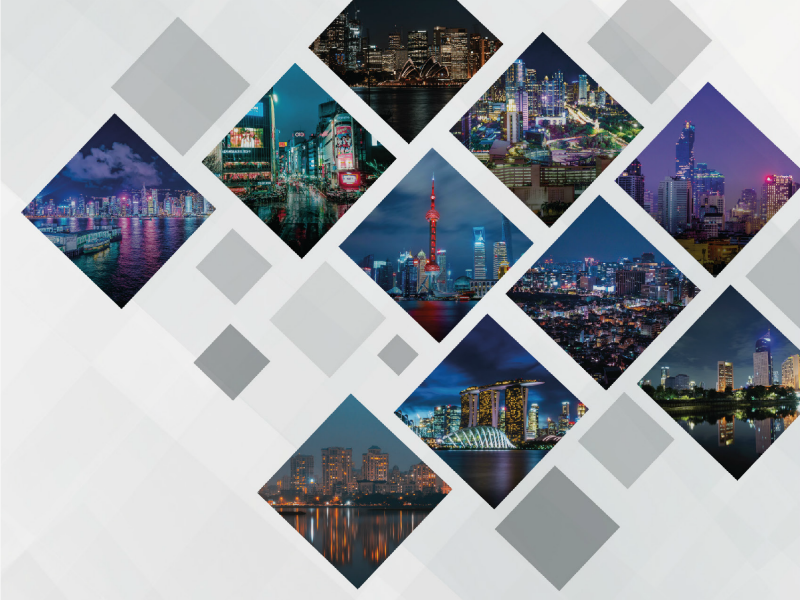PRovoke Media 02 Feb 2023 // 7:37AM GMT

HONG KONG — 90% of Asia-Pacific consumers expect companies to act and communicate on diversity, equity and inclusion issues, according to a new regional study produced by FleishmanHillard.
Findings from the survey, which polled more than 5,000 people across 10 Asia-Pacific markets, were initially previewed at PRovoke's Asia-Pacific Summit in October. The full results make it clear that organisations need to rethink their DE&I efforts in line with changing attitudes in the region.
"We’ve long known that DE&I is not a monolith in the Asia-Pacific region, but with this new data we’ve gained the richest detail we’ve ever seen about what matters to which populations," said FleishmanHillard Asia-Pacific president Lynne Anne Davis. "From diversity of gender and religion to equity in important economic issues like housing and income, DE&I doesn’t look the same in any two markets in the region. It’s really important to understand these differences as a brand and as an employer to be able to deliver on these values with a range of stakeholder groups."
While the vast majority of respondents want corporate action on DE&I, only 3% of respondents remember getting information on the topic from their employers. 36% of respondents expect employee training on the topic and 83% expect companies to have a DE&I leader.
More broadly, 51% of respondents agreed with the importance of “making people with different backgrounds more included in society” versus only 11% who prefer to keep current societal structures. But, only a third of the population believes that their countries need to take more action on diversity (32%), equity (28%) and inclusion (28%).
Specifically, racism/casteism, discrimination in general and sexual assault/harassment emerge as the top three aspects of DE&I that respondents believe are most important to address. Similarly, ethnicity, race, gender and nationality are the factors most commonly associated with DE&I by more than three out of four respondents, although this varies by market. In India, for example, 88% associate 'class' most commonly with DE&I, while 72% select religion in Indonesia.
And while 84% say that they advocate for at least one issue, there is a notable divergence as economic equity (economic status, employment status, income) influences most action, outpacing the topics most commonly associated with DE&I.
“We were intrigued to see such high levels of advocacy on economic issues, but reflecting on it, this didn’t come as a surprise," said FleishmanHillard India MD Munavar Attari. "Given the wide range of incomes, professions and social standing represented in our responses, these issues are the topics that are most tangible for people to push for change on a daily basis."
Across nearly all markets, social media was the dominant channel for information (Japan and Korea favoured broadcast). 78% of people across the region also felt most comfortable talking about their own background with people they know, showcasing how one-to-one and small group conversations are the most likely to drive familiarity.



































.jpg)















